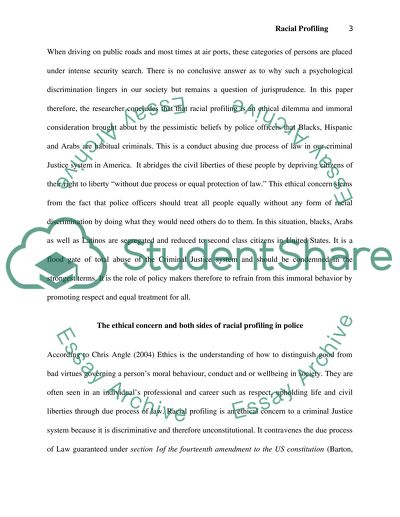Cite this document
(“Ethical Dilemma Paper on Racial profiling in police work Essay”, n.d.)
Retrieved from https://studentshare.org/sociology/1404199-ethical-dilemma-paper
Retrieved from https://studentshare.org/sociology/1404199-ethical-dilemma-paper
(Ethical Dilemma Paper on Racial Profiling in Police Work Essay)
https://studentshare.org/sociology/1404199-ethical-dilemma-paper.
https://studentshare.org/sociology/1404199-ethical-dilemma-paper.
“Ethical Dilemma Paper on Racial Profiling in Police Work Essay”, n.d. https://studentshare.org/sociology/1404199-ethical-dilemma-paper.


